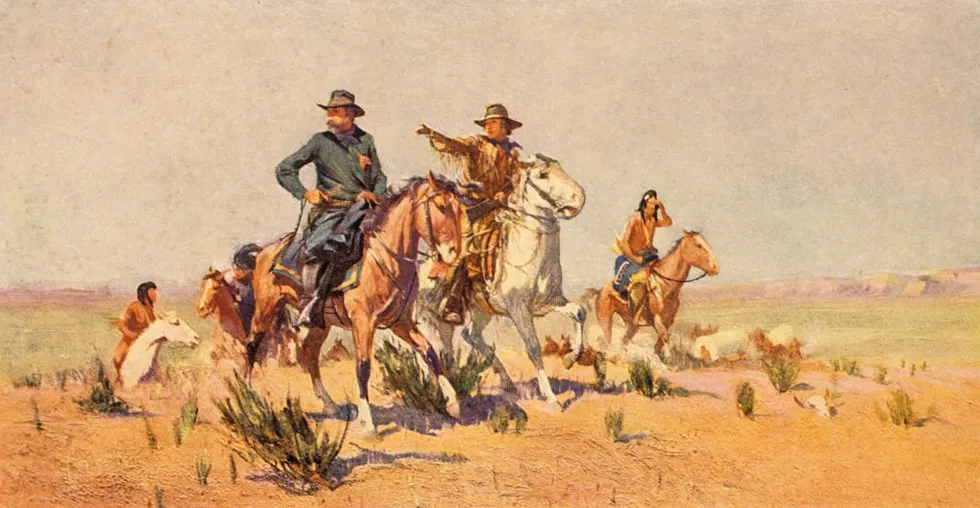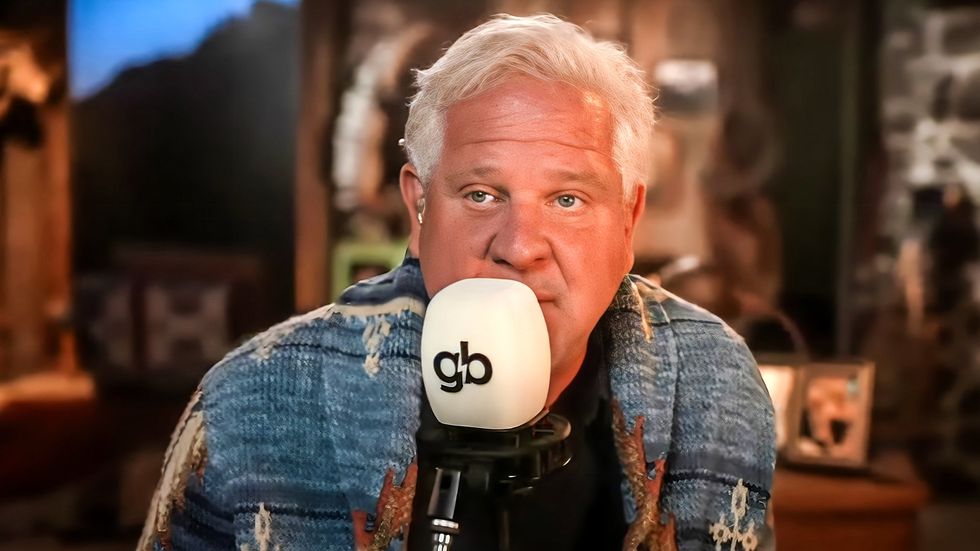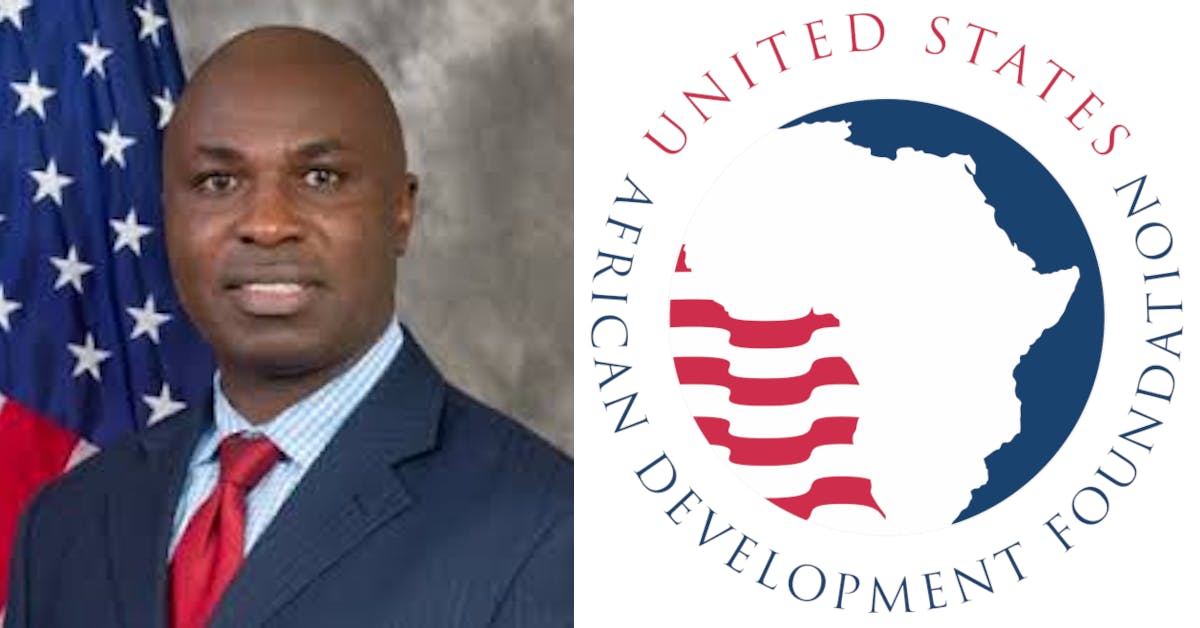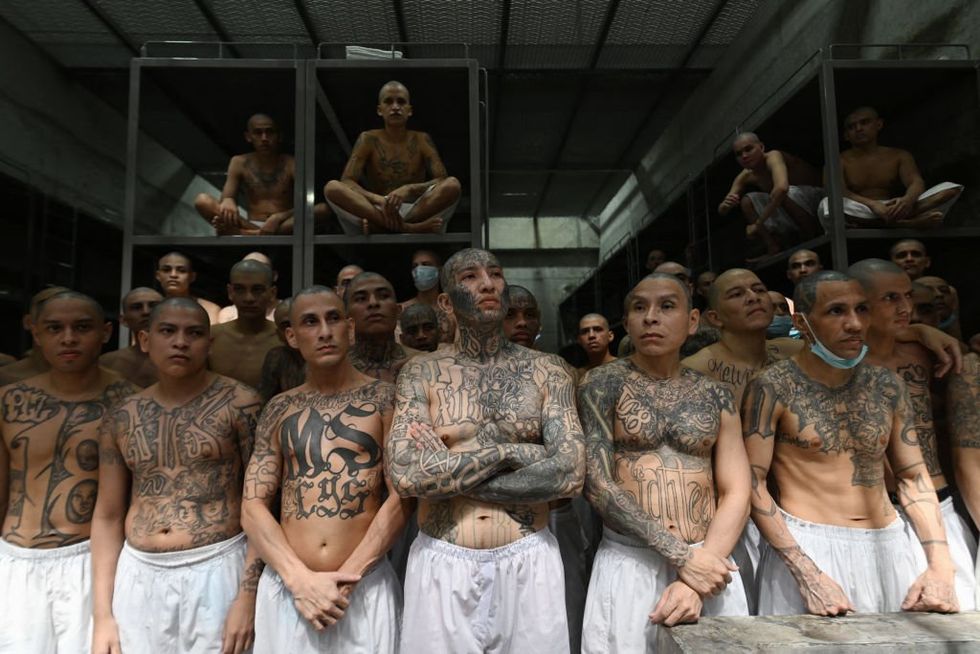NCAA Backs Down, Changes Transgender Athlete Policy After Trump Order
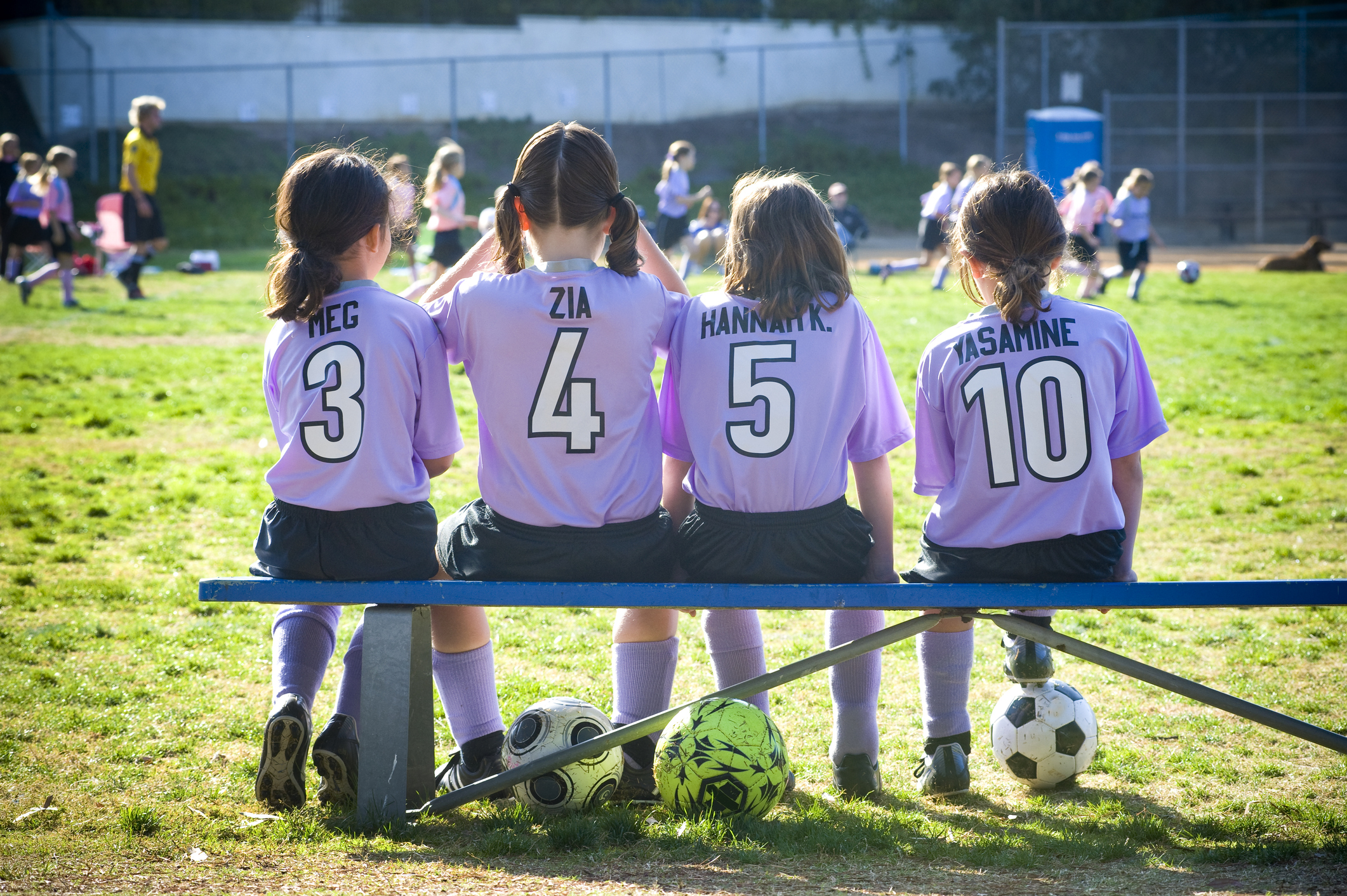
The National Collegiate Athletic Association (NCAA) announced Thursday that it has changed its transgender athlete policy after President Donald Trump’s executive order on the issue.
The NCAA, which governs sports for more than half a million athletes at about 1,100 schools, changed its policy to “limit competition in women’s sports to student-athletes assigned female at birth only.”
“A student-athlete assigned male at birth may not compete on a women’s team,” the new policy reads.
The move comes less than 24 hours after Trump, surrounded by smiling young girls wearing sports uniforms signed an order banning trans-identifying males from girls’ sports.
BREAKING: President Donald J. Trump signs an executive order keeping men OUT of women's sports.
Promises made, promises kept. pic.twitter.com/rDfC2qmiu4
— Rapid Response 47 (@RapidResponse47) February 5, 2025
“From now on, women’s sports will be only for women,” the president said before signing the order.
Trump’s order strips funding from schools that force female athletes to compete with males. It also instructs the Education Department to enforce Title IX against schools that allow trans-identifying males in women’s sports or force girls to share locker rooms with males.
The NCAA’s president said Trump’s order helps clear up confusion in the college sports world.
“We strongly believe that clear, consistent, and uniform eligibility standards would best serve today’s student-athletes instead of a patchwork of conflicting state laws and court decisions. To that end, President Trump’s order provides a clear, national standard,” NCAA President Charlie Baker said.
The new NCAA policy, which is effective immediately, still allows male athletes to practice with women’s teams.
Riley Gaines, the former University of Kentucky swimmer whose 2022 loss to trans-identifying male swimmer Lia Thomas helped ignite the battle to keep men out of women’s sports, celebrated the change.
She swam under the NCAA’s old rules, which since 2022 had mirrored the Olympics’ sport by sport approach to trans-identifying athletes.
“I can’t even begin to tell you how vindicating it feels knowing no girl will ever have to experience what my teammates and I did. Thank God Trump is back in office,” Gaines posted on X.
The NCAA has officially changed their 'transgender participation' policy effective immediately.
I can't even begin to tell you how vindicating it feels knowing no girl will ever have to experience what my teammates and I did.
Thank God Trump is back in office. pic.twitter.com/2USfSuZ6ij
— Riley Gaines (@Riley_Gaines_) February 6, 2025
Women’s sports and backlash to gender ideology more broadly were galvanizing issues for Trump during his campaign last year.
Parents as well as female athletes have spoken out about losing competitions to male competitors and their uncomfortable experiences being in a locker room with a male, and several have suffered devastating injuries due to a male player.
“I’m incredibly thankful the NCAA is finally listening to women and taking a stand to protect female athletes,” said Payton McNabb, a former high school volleyball player who suffered a permanent injury after a male player spiked a ball at her head.
Paula Scanlan, who swam alongside trans-identifying Lia Thomas at the University of Pennsylvania, called it a “historic moment for female athletes” but cautioned that the NCAA’s new policy does not apply to the locker room.
“As a sexual assault survivor, I was forced to undress 18 times per week with a fully intact male on my women’s swim team — who under these new policies could be permitted to practice with our team,” she said. “States must act to protect women’s intimate spaces beyond sports competitions — we deserve safety and privacy in every aspect of athletics.”
Originally Published at Daily Wire, Daily Signal, or The Blaze
What's Your Reaction?
 Like
0
Like
0
 Dislike
0
Dislike
0
 Love
0
Love
0
 Funny
0
Funny
0
 Angry
0
Angry
0
 Sad
0
Sad
0
 Wow
0
Wow
0

